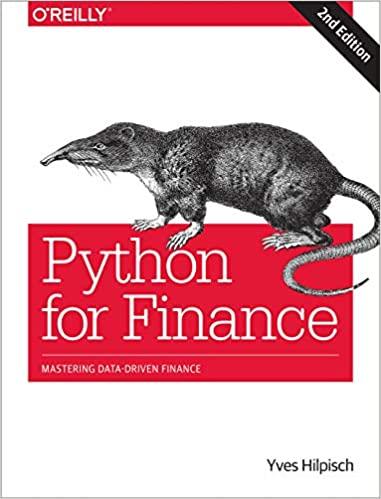
Your best friend consults you for investment advice. You learn that his tax rate is 35%, and he has the following current investments and debts: A car loan with an outstanding balance of $5,000 and a 4.80% APR (monthly compounding) Credit cards with an outstanding balance of $10,000 and a 14.90% APR (monthly compounding) A regular savings account with a $30,000 balance, paying a 5.50% effective annual rate (EAR) A money market savings account with a $100,000 balance, paying a 5.25% APR (daily compounding) A tax-deductible home equity loan with an outstanding balance of $25,000 and a 5.00% APR (monthly compounding) a. Which savings account pays a higher after-tax interest rate? b. Should your friend use his savings to pay off any of his outstanding debts? a. Which savings account pays a higher after-tax interest rate? (Hint: When calculating the money market return, make sure to carry at least six decimal places in all calculations.) Regular savings pays 3.58%. (Round to two decimal places.) Money market account pays 3.50 %. (Round to two decimal places.) Therefore, the account that pays the most is the regular savings account. (Select from the drop-down menu.) b. Should your friend use his savings to pay off any of his outstanding debts? The costs of the loans are as follows: Credit card cost is 14.9%. (Round to two decimal places.) Car loan cost is 4.8%. (Round to two decimal places.) Home equity loan cost is 3.33%. (Round to two decimal places.) Therefore, you should recommend that your friend do the following: (Select the best choice below.) Your best friend consults you for investment advice. You learn that his tax rate is 35%, and he has the following current investments and debts: A car loan with an outstanding balance of $5,000 and a 4.80% APR (monthly compounding) Credit cards with an outstanding balance of $10,000 and a 14.90% APR (monthly compounding) A regular savings account with a $30,000 balance, paying a 5.50% effective annual rate (EAR) A money market savings account with a $100,000 balance, paying a 5.25% APR (daily compounding) A tax-deductible home equity loan with an outstanding balance of $25,000 and a 5.00% APR (monthly compounding) a. Which savings account pays a higher after-tax interest rate? b. Should your friend use his savings to pay off any of his outstanding debts? a. Which savings account pays a higher after-tax interest rate? (Hint: When calculating the money market return, make sure to carry at least six decimal places in all calculations.) Regular savings pays 3.58%. (Round to two decimal places.) Money market account pays 3.50 %. (Round to two decimal places.) Therefore, the account that pays the most is the regular savings account. (Select from the drop-down menu.) b. Should your friend use his savings to pay off any of his outstanding debts? The costs of the loans are as follows: Credit card cost is 14.9%. (Round to two decimal places.) Car loan cost is 4.8%. (Round to two decimal places.) Home equity loan cost is 3.33%. (Round to two decimal places.) Therefore, you should recommend that your friend do the following: (Select the best choice below.)







